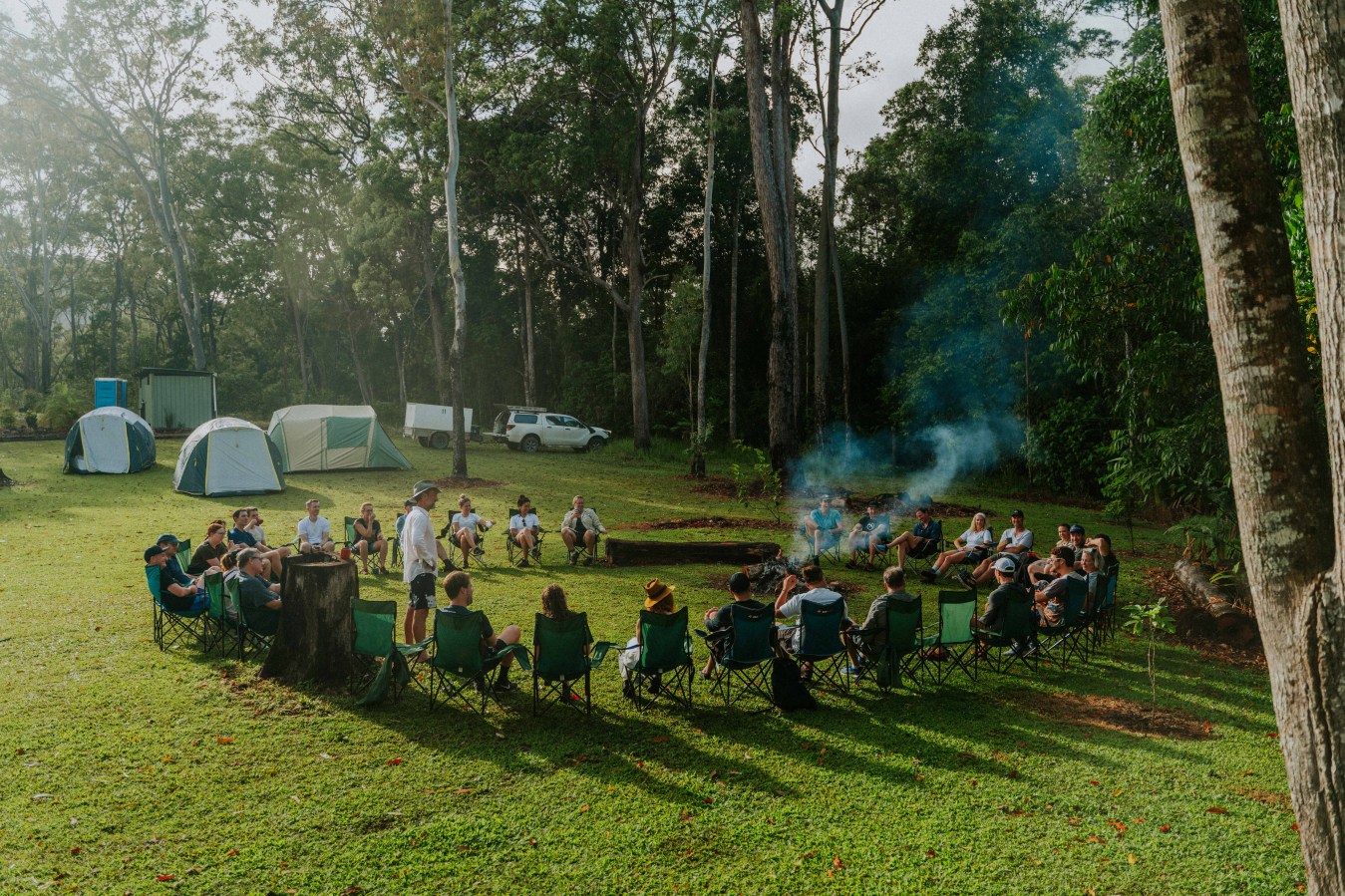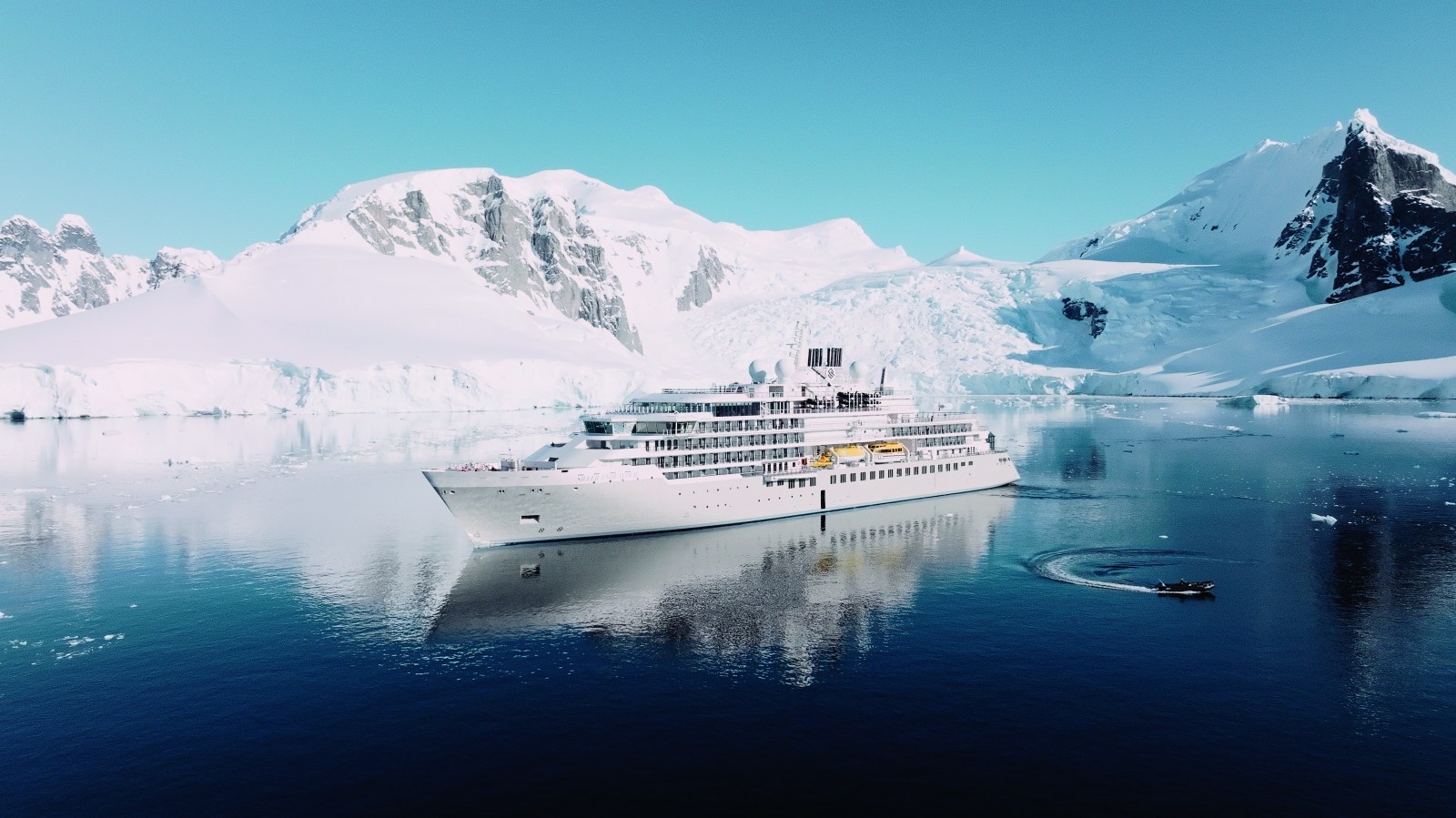Lark Distilling spent the last three years maximising production capacity. Now that it has increased supply, the new CEO aims for 80% of its whiskey to be sold abroad.
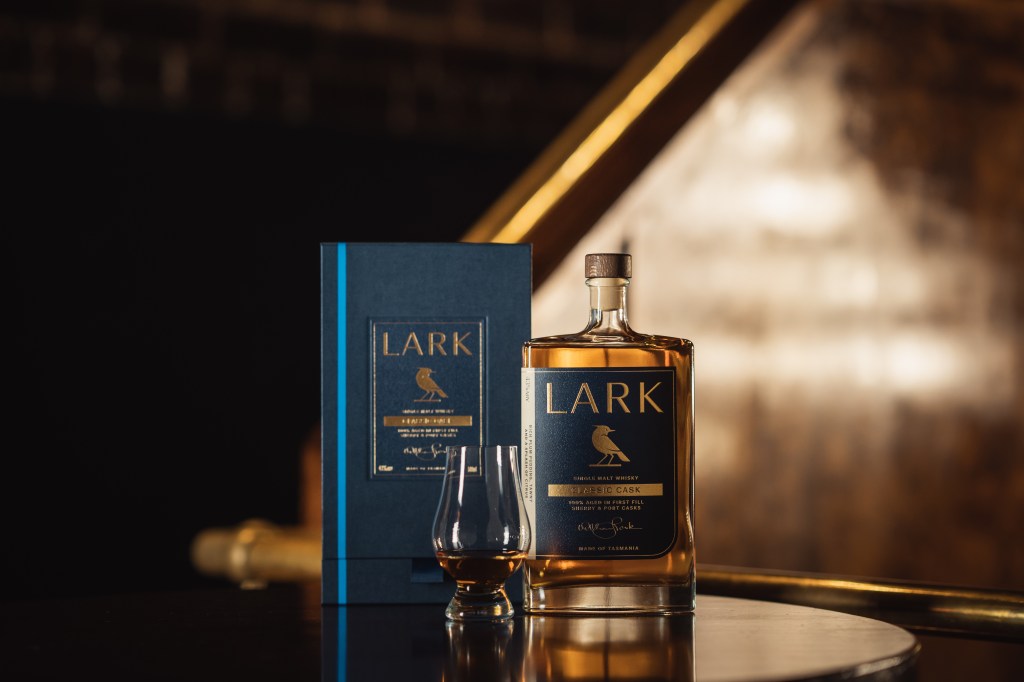
Lark Distilling, founded by Australia’s ‘Godfather of Whisky’ Bill Lark, has been innovating for more than 20 years, and has achieved a storied presence and acclaim in the domestic spirits market. But despite building a strong brand, it has been anything but smooth sailing for the ASX-listed Lark in the world of whisky lately. Recent financial results revealed net sales were just $17 million, declining 16% from the previous year.
Lark’s new CEO, Satya Sharma, points to the 2.4 million litres of product in its ‘whisky bank’ in Tasmania, as indicative of brighter days ahead. He is now firmly focused on repairing the balance sheet and wants to grow overseas distribution to expand revenue.
“80% of the volume globally sits in three areas – the US, Asia and global travel retail,” says Sharma. “Lark sits in the right flavour profile for Asian and American consumers, two of the biggest markets for single malt.”
“It’s built out of this beautiful story and niche in the Australian market.”
Satya Sharma, Lark CEO
Having spent the past 11 years working for Glenfiddich’s parent company, William Grant, in the
UK, China and Singapore, Sharma understands what consumers are looking for.
“Asia is a densely populated place. And so, you’ve got a lot of communal dining and lots of groups that drink whisky by the bottle,” says Sharma.
The opportunity in the US is also immense. “It’s a huge market with the right sort of demographics,” says Sharma. He acknowledges that American bourbon has traditionally dominated the dark spirits market in the US, but says he has seen a shift in consumer preferences.
“Single malt and scotch, in particular, have done really over the last 20-odd years; they have had an incredible run.”
To expand the brand internationally without cannibalizing the supply available to Australian consumers, Lark needed to increase production capacity. The company purchased another distillery in Hobart in 2021, which will increase production to 1 million litres.
With increased supply, Sharma wants to see the sales ratio flipped from 20% international and 80% domestic, to 20% domestic and 80% international.
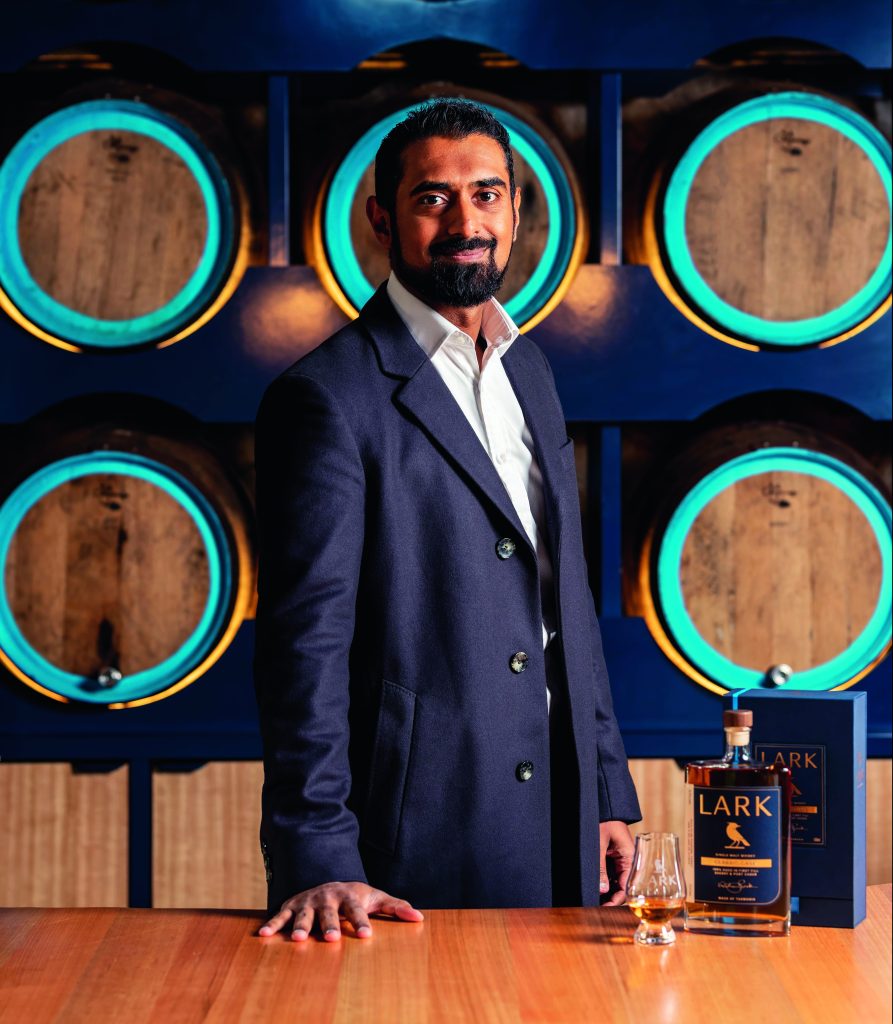
“Growth is the name of the game,” says Sharma. “There are some consumer headwinds, but when you’re the size and scale of where we are, that’s not an excuse not to grow.”
The Tasmanian Whisky and Spirits Association is expecting growth too. It projects an 87% spike in the production of single-malt whisky over the coming year. By 2030, the Association anticipates that the Tasmanian whisky sector will be valued at $500 million annually.
Those figures pale in comparison to the $12 billion whisky industry in Scotland. However, Sharma sees value in the brand beyond its economic capacity.
“It’s built out of this beautiful story and niche in the Australian market,” he says. “That story of challenging the norms, building, the entrepreneurial mindset, that resonates massively.”
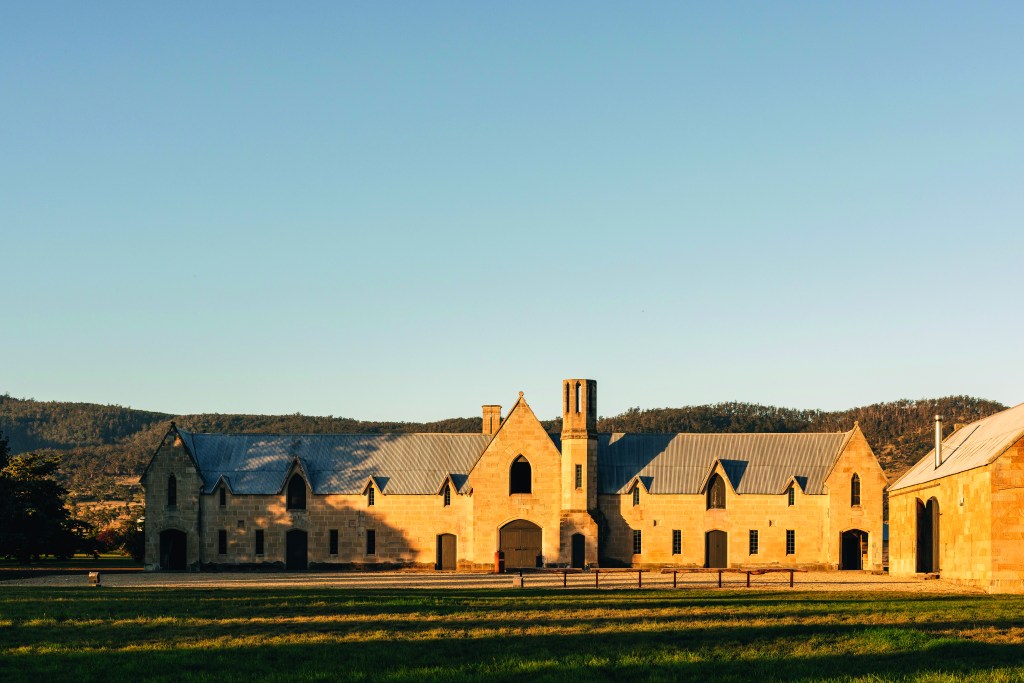
The Lark backstory states that Bill Lark and his wife Lyn fought to overturn the Australian distillation law that prevented household production of whisky. The founders say they had the distilling legislation amended and obtained a license to produce whisky in their home in 1992. Six years later, the Lark Distillery Single Malt Whisky became available commercially.
Today, Lark uses Australian barley to produce its whisky, and peat mined from a bog in the Tasmanian Highlands. The company was a finalist in the Worldwide Whisky Producer of the Year in 2020. In 2022, it was awarded Whisky Distillery of the Year at the Australia Whisky Awards.
Its position as the pioneer of whisky down under is something that can’t be replicated. And the same is true of the unique Tasmanian climate.
“You can’t be the first Australian distillery ever again,” he says. “I understand whisky quite well,
and having the right climate is vital. This beautiful provenance is a wonderful place to be.”
Look back on the week that was with hand-picked articles from Australia and around the world. Sign up to the Forbes Australia newsletter here.
